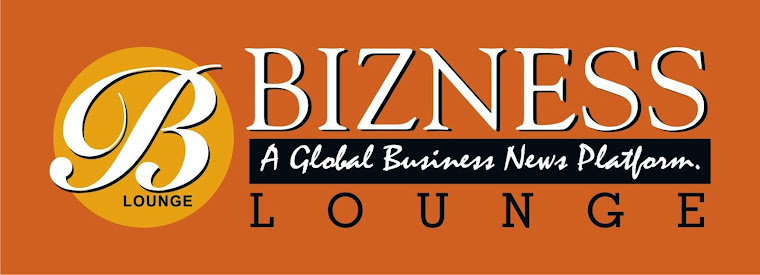
This can be attributed to the downward trend of oil prices , which has plunged below $50 per barrel and is fast approaching $40. It is therefore very likely that the country will require additional funds to balance its books.
Nigeria, Africa’s biggest oil producer, capped its budget benchmark for oil at $65 per barrel for 2015. This was only sealed after three revisions downward, following a panic-filled period in late 2014 where oil prices fell by more than 40 percent.
Although the initial plan was for the budget to be a lot more conservative following the period when oil prices fell more than 40 percent in late 2014. The country’s Finance Minister, Dr. Ngozi Okonjo-Iweala, emphasized that the benchmark was a reserved one, saying; “the N4.3 trillion budget is based on a benchmark oil price of $65 a barrel, down from $77.50 this year, and a
significant cut on previous budgets.”
The breakdown
Nigeria’s total debt portfolio has rose 30 percent to $62 billion in 2014, up from $47.6 billion as at September last year. The country’s external debt stood at $9.52 billion, 15 percent of the entire debt stock. Domestic borrowing however accounted for bulk of the total money owed by Africa’s largest economy. Prior to the 2005 debt relief, bad debt management practices led to the payment of $4.9 billion yearly on debt servicing.
The DMO said in November 2014 that the country was expected to borrow $25 billion by 2015. The projected increase in borrowing by the government, according to the debt office, represents the country’s foreign and domestic borrowings flowing from 2013-2015 under review.
Based on the illustration for merely the first quarter of 2015, there is a drastic increase from the initial forecast. Nigeria will be borrowing within 12 and 15 percent over the next five to twenty years. This year’s budget is already on the verge of incurring a shortage of over N700 billion to be settled with more government borrowing.
At a period of political tension, with insecurity, purported by the terror group Boko Haram, and its presidential election just a month away, it is therefore likely that foreign help will be solicited, in the form of loans from the IMF and World Bank, or pursue more austerity measures; the latter is sure to resurrect social unrest as seen during the subsidy removal exercise in January 2012, and further harm the current administration’s chances of been re-elected into power, a report published by Ventures Africa explained.



No comments:
Post a Comment